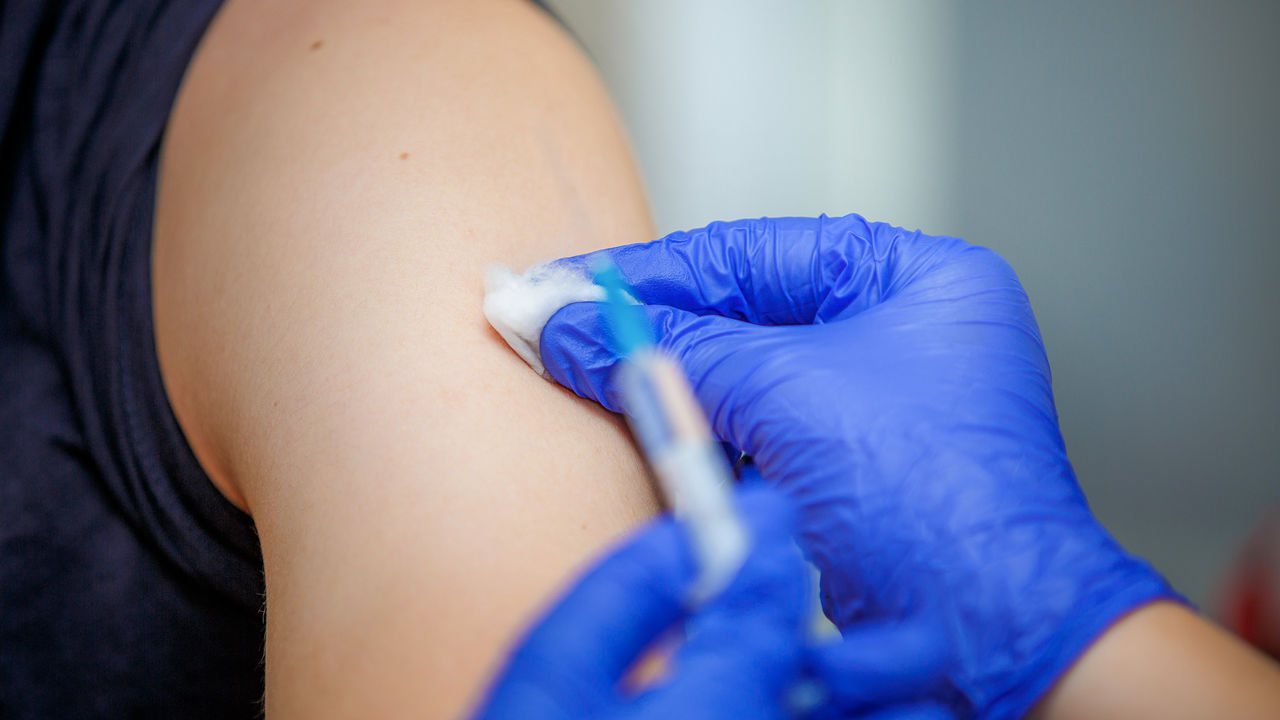If pandemic was the biggest challenge of 2020, then vaccination is going to test the strength of nations in 2021. COVID-19 pandemic that plagued whole of last year saw the development of many vaccines as a ray of hope towards the end of the year.
At the moment world has several vaccines with proven efficacy and safety. Vaccines from Moderna, Pfizer and Astra Zeneca have already demonstrated efficacy ranging from 80-90 percent. Janssen’s and Novavax’s COVID-19 vaccines are in development. Sinovac from China, Sputnik V from Russia, and Covaxin from India are other vaccines currently being tested and even given.
India has started one of the world’s largest immunization programmes in the world with two vaccines – Oxford’s Astra Zeneca Covishield produced by Serum Institute of India and Covaxin produced by Bharat Biotech. The national drive, which was launched on 16th January, has vaccinated over 20 lakh beneficiaries so far mainly health care and frontline workers.
However problems in vaccinating a huge population is already being met with many challenges. The most pressing is vaccine hesitancy – WHO had described this as one of the biggest challenges of the last decade. In India, only 56% of the people eligible for the shot have stepped forward. Unless this increases significantly in the next few years India will fall short of its target for inoculating 300 million people (quarter of the population) by July – a setback for global efforts to contain COVID-19.
To a large extent this vaccine hesitancy can be attributed to the way Covaxin was introduced into the vaccination programmes. The vaccine was introduced before the complete data was available on safety and efficacy and phase three trials are still ongoing. Company’s managing director Krishna Ella said when questioned, “Give me one week’s time, I will give you confirmed data.” People receiving the vaccine do not have a choice on which vaccine they will get, prompting further hesitancy. Trials were conducted unethically, many poor people in Bhopal who were given shots were survivors of Bhopal Gas tragedy. There was at least one death reported following the shot, which may or may not be related to vaccine and several cases of people falling ill. In any case people were not informed about the side effects, nor their complaints were recorded. Now many have decided not to go for the follow up second shot.
In view of these controversies, people who are now receiving Covaxin will be required to sign a consent form which assures recipients medical care and compensation if any serious adverse event is found linked to the COVID-19 vaccine. This has created suspicion and fear surrounding the shot. The government should have ideally waited till all data was available and vetted on Covaxin instead of going ahead with introduction. It should have continued with Covishield till then. In the long run this is more likely to damage the programme and retard vaccination coverage than a wait of few months.
Another issue plaguing the nations is global shortage of vaccines already. The European Union is threatening to restrict the export of Covid-19 vaccines made in the bloc amid growing anger at the slow rollout of immunizations. In fact countries like UK and Israel are far ahead in vaccinations. Newly sworn in US President Biden has made vaccination his priority and amid concerns over shortages and delays has promised “wartime efforts” to deliver enough doses to vaccinate 300 million Americans by the end of summer. Moreover, the fact that richer countries may monopolize the vaccine leading to shortages in poor countries may lead to vaccine equity concerns. Director General of the WHO recently urged wealthier countries to ensure that vaccines are widely made available to poorer countries. Bill and Melinda Gates also highlighted the power of global cooperation.
These concerns are in context of new variants of COVID-19 reported in the UK and South Africa that are more easily spread and have a higher mortality rate. It threatens to overwhelm hospitals and health workers. Moderna has announced that its COVID-19 vaccine continues to protect against these two major mutant strains of SARS-CoV-2 circulating around the world. Moderna is also launching trials for a new Covid-19 vaccine targeting the new strain. Meanwhile Merck, one of the world’s leading vaccine makers, is ending its Covid-19 vaccine development after its two candidates failed to elicit immune responses as strong as those created by shots that are already available.
Control of Covid is completely dependent on vaccination efforts. Herd immunity that a certain coverage is expected to confer is essential to relieve overwhelmed health staff and bring economies back on track, especially when millions of business have been shut down and many more jobs have been lost. Researchers and vaccine producers world over are working to produce vaccines for maximum efficacy and least side effects to keep up with growing demands and new variants of the strain. Governments must work to take care of its health staff, build public trust and confidence in vaccines, be swift in handling side effects and compensation and conduct trials and vaccination drives ethically and responsibly.


















